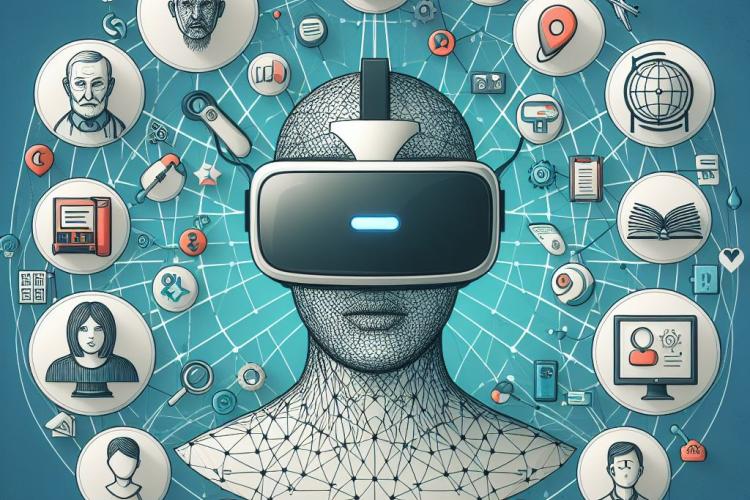The Context
According to recent WHO (World Health Organization) data, mental disorders represent the main cause of years lived with disability globally. In 2019 alone, disorders such as anxiety (31%) and depression (28.9%) affected 970 million people, of which 82% in medium-low income countries, recording an increase, following the Covid-19 pandemic, of 26% and 28% respectively. Mental disorders significantly affect national productivity (4% GDP reduction) and include many conditions that can often affect people for life, hindering their ability to learn, live productively and age actively.
Current diagnostic tools, mostly based on paper and pencil tests, do not fully capture the complexity of the behaviors analyzed as they are based on tools that evaluate individual cognitive constructs that are often far from the daily reality in which they manifest themselves, thus making their treatment complicated. Furthermore, although equal access to mental health care is recognized as a civil right, many still struggle to obtain it, on one hand due to the social stigma associated with the use of this type of services and on the other due to the impossibility for the healthcare system to optimally reach all those users with reduced mobility and/or residents in remote and difficult to access areas and communities. From the perspective of public health, it has therefore become essential to find solutions capable of improving the diagnostic system in the psychological and neuropsychological field in terms of evaluation, speed and timeliness.
With the consolidation of VR from a technological and scientific point of view, it has become increasingly clear how VR, with its ability to provide visual, auditory and haptic stimuli in a realistic way in a controlled environment, can be exploited in the psychological and neuropsychological field to evaluate general and specific cognitive abilities by creating standardized, safe and more ecologically valid observation, analysis and evaluation environments and tools. As well as for the application of non-pharmacological interventions aimed at the rehabilitation and training of damaged skills and at increasing the motivation of subjects for testing activities.
The IREPA project will therefore be configured as a system capable of:
- Using a set of specifically selected tests, adapted and tested by a team of professional psychologists for effective use in immersive virtual reality (iVR);
- Making psychological assistance accessible to people who normally do not make use of due to the difficulty of physically reaching such services, due to distance or reduced mobility, or due to the stigma associated with using them;
- Allowing periodic remote evaluation in rehabilitation programs or in the evaluation of the degree of autonomy in elderly people through the use of realistic and natural scenarios;
- Being more accessible for the end user thanks to the use of latest generation visors that do not require a PC and provide excellent levels of presence and low effects related to motion sickness;
- Enabling more precise measurement in the administration of tests thanks to the technology used, capable of precisely measuring aspects such as interactions and reaction times and of visualizing the entire experience from the patient's point of view;
- Allowing easier collection and storage of the data obtained from them.

